Now, we are able to enjoy listening to music and radio conveniently from inside our vehicles. However, one problem that commonly arises in connection with this is audio static.
If you’ve ever experienced it, we’re sure you can agree that there have been moments where the radio or stereo is better left off.
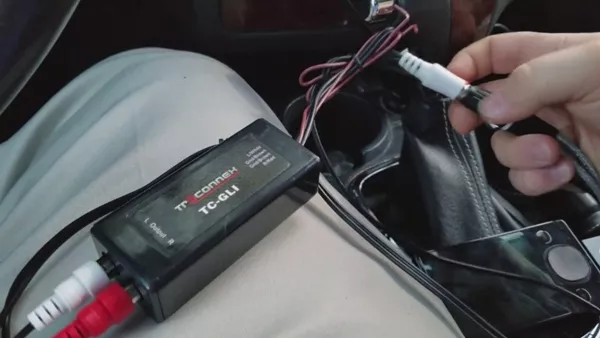
One problem that commonly arises in connection with this is audio static
But what exactly is audio static? How does it affect your in-car radio and stereo experience? What can you do about it? Find out everything you need to know about it right in this article from Philkotse.com:
What is the audio static?
“Static” can refer to a lot of things to different people. There are also tons of ways for static to be generated by your car audio system. This is because literally anything that can generate a kind of electric field can produce disturbing noise in your audio system.
Aside from that, there are also a lot of other elements in your car that can create these electrical fields. These elements can range from the alternator to the windshield wiper motor. Even the very components in your car’s sound system can produce this static.

There are tons of ways for static to be generated by your car audio system
These, however, can generate varying levels of static. The noise can even be different from one electrical field emitter to another.
So, it is definitely possible to seek out and fix any component that’s causing static in your tunes. This, however, will take some time, a lot of effort and possibly some money.
>>> Check out: 5 ways you might not know when upgrading car audio system
Tracing the cause of the audio static
The first step to successfully locating the source of static in your car is to find out whether the problem is originating from inside the vehicle.
You’ll need to check if the cause is your radio, external accessories like phones or internal accessories like the built-in CD player or radio.

Check if the cause is external accessories like phones
To do this, you will first need to turn the head unit on and turn the volume up until you hear it just fine. If you only hear the static noise when the engine is on, you may be a problem with the alternator.
Another circumstance that could support this theory is if the noise changes pitch with the engine’s RPM. This type of problem can be fixed by installing a particular noise filter.
If the static is present regardless if your engine is running or not, you may want to list down the possible sources that could be associated with the static.

Another circumstance that could support this theory is if the noise changes pitch with the engine’s RPM
>>> You might concern: Customizing the car audio system: 7 tips for Filipino drivers
Fixing an AM/FM Radio Static
If you only hear the static when you’re listening to your radio but not to CDs or other sources, the problem may be with the antenna. There can also be an issue with your tuner or perhaps, another external source that causes interference.
To narrow down the search, you will need to remove your head unit. You may also need to locate the antenna wire or perform other similar operations.
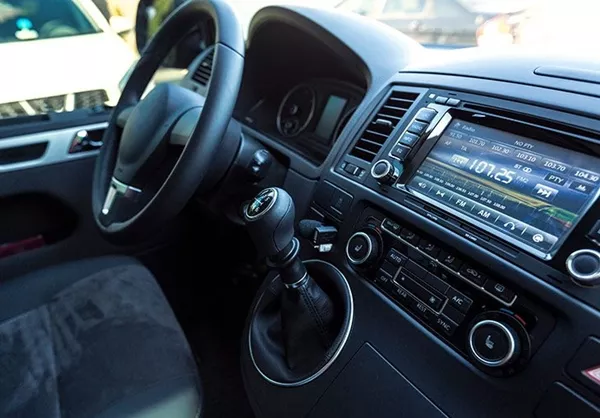
To narrow down the search, you will need to remove your head unit
>>> Suggested for you: Troubleshooting your car head unit
So we advise that you only pursue the diagnosis if you’re comfortable with working on a car audio component. If you’re ready here’s what you’ll do:
- Check that the problem is indeed inside the car.
- Check the ground connection of the car radio.
- Disconnect the radio antenna and see if there is still static.
- Check if the static disappears once you move the antenna.
- Check if the static disappears when you move the wires.
In some cases, you will need to remove other components just to locate the ground wire. You will then need to trace this back to wherever it’s bolted to the frame or chassis.
If its connection is corroded, rusted or loose, tighten, relocate and clean it. Also, make sure that your head unit isn’t grounded in the same spot as other components. This can result in a ground loop.
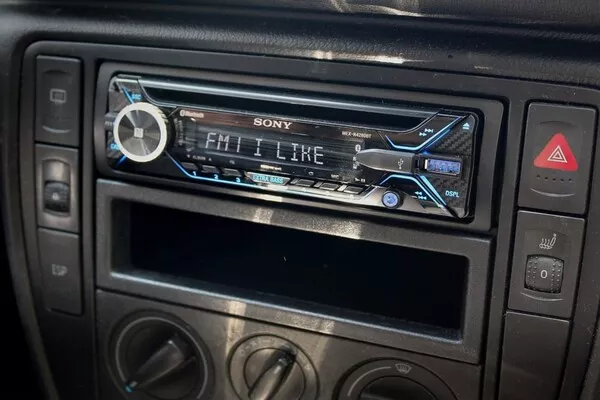
Make sure that your head unit isn’t grounded in the same spot as other components
Solving other sources of audio static
If you noticed that the static happens once an auxiliary audio source is plugged in, you may be dealing with a ground loop. This theory is further supported if the static doesn’t occur if you choose to listen to a CD or radio.
If that is indeed the case, you’ll need to pinpoint the ground loop to fix it. But if you want an easier way to address this problem, you can just choose to install a ground loop isolator instead.
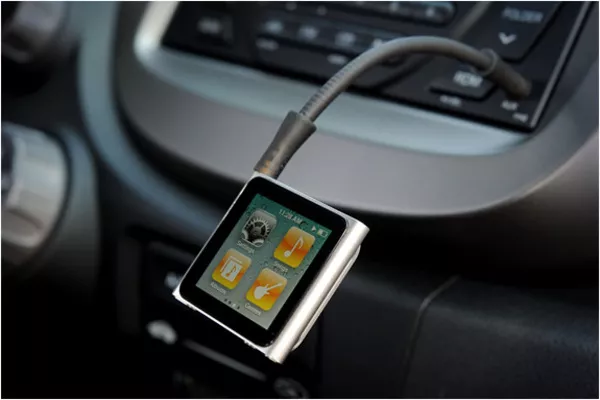
If you noticed that the static happens once an auxiliary audio source is plugged in, you may be dealing with a ground loop
>>> Relevant article: [Philkotse tips] How to choose the right head unit for your car
There are cases, however, where you’ll still hear static regardless of which audio source you pick. If you hear static while listening to an auxiliary audio, CD or the audio, the problem could still be coming from a ground loop.
An amplifier could also be a source of noise. To check whether the noise is emitted by the amp, disconnect its path cables from the amplifier’s input.
If the static disappears, reconnect it to the amp but disconnect it from your head unit. If there’s still static, check how the patch cables are routed.
If they’re routed too close to any power cables, a simple reroute may fix your problem. If they are already routed properly, you may need to replace them with better-shielded, higher-quality patch cables.
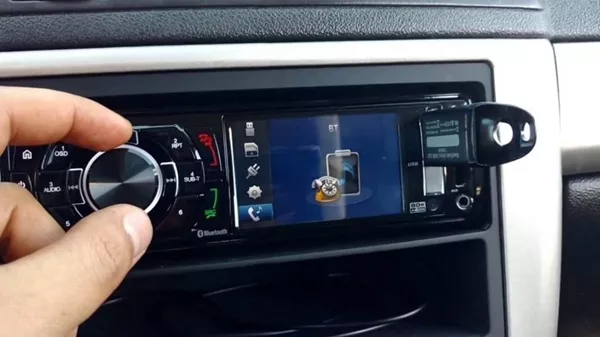
There are cases, however, where you’ll still hear static regardless of which audio source you pick
Recent posts
- 5 common problems with HD radio that you should be aware of Feb 06, 2020
- Got car stereo amplifier issues? Here's how to deal with it! Jan 17, 2020
- What you need to do to have a car radio fit for its vehicle Aug 16, 2022
- What you need to know before replacing your classic car radio Nov 30, 2022
- Best in-car entertainment ideas to fight boredom while in a long drive Oct 31, 2017












